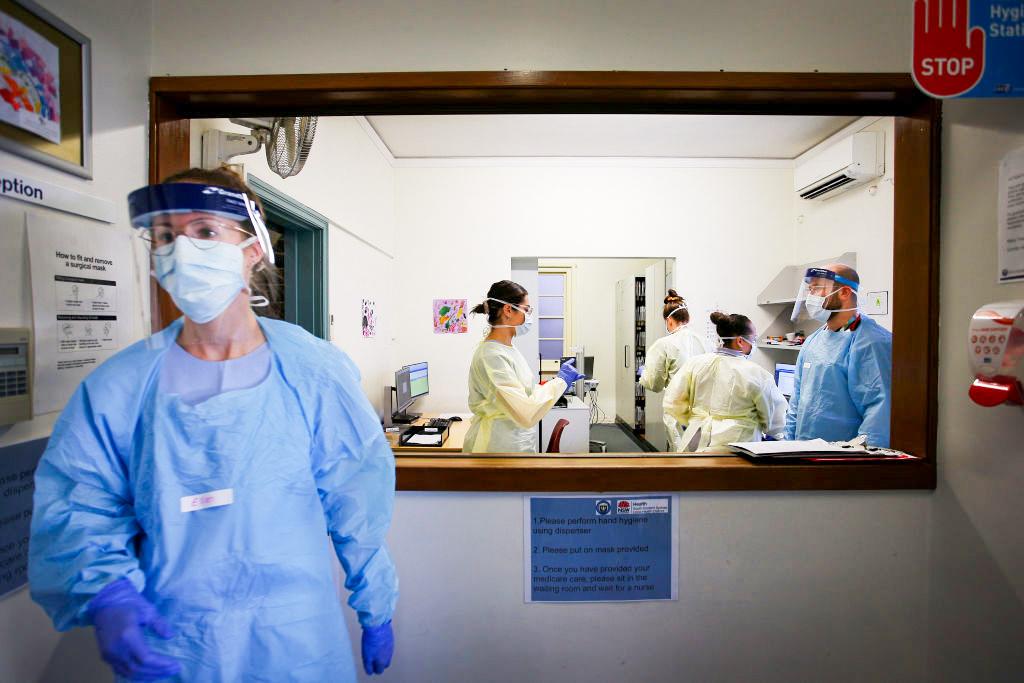A professor’s decision to sanction a student for expressing scepticism about COVID-19 vaccines has been struck down by the Supreme Court of New South Wales in Australia.
The judgement comes as Australian health practitioners continue to face heavy scrutiny over comments or social media posts that do not align with medical orthodoxy around COVID-19.





